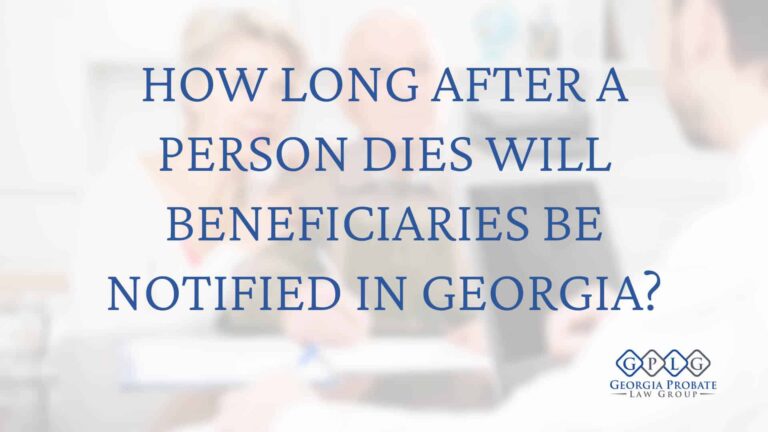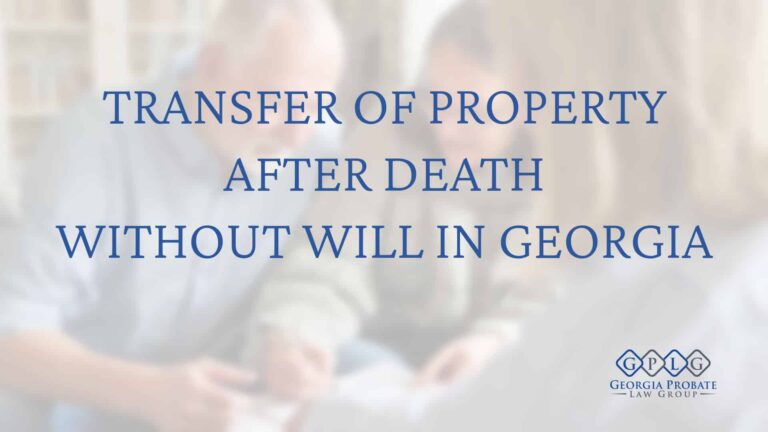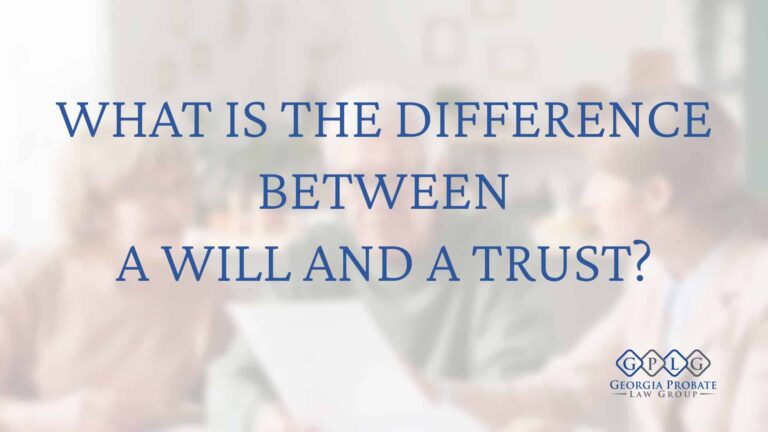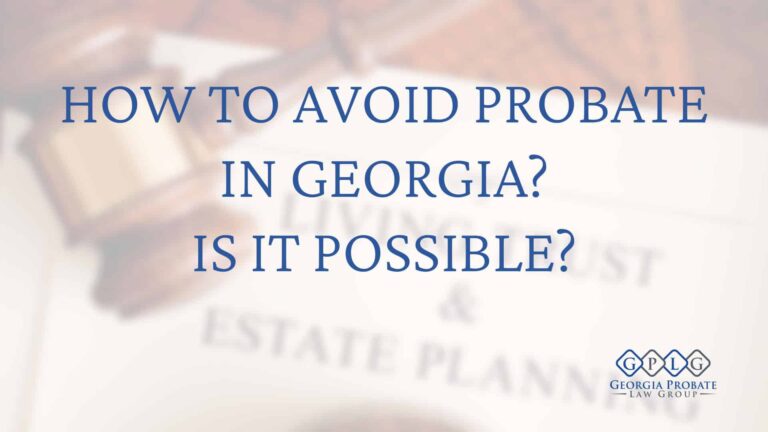Answers to Common Questions and Situations
We know how complex and confusing probate situations can be, and did our best to organize an easy to follow knowledge base to help address some of your most pressing questions.
with our team if you still have questions or can’t find what you’re looking for.











